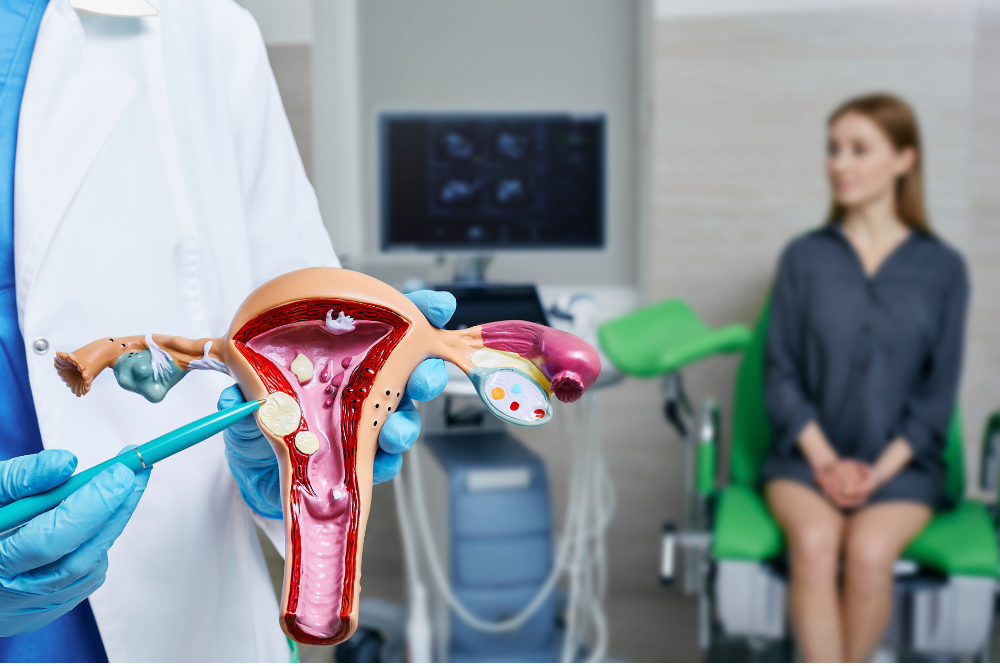How Does the Reproductive System Contribute to Mental Health?
The human body is made up of several systems that work together to produce and sustain life. The function of the reproductive system is the survival of the species, and it’s driven by hormones in both men and women. A healthy body and healthy mind require balanced hormones. Many factors can have an impact on reproductive health, and hormone surges or imbalances can have an impact on mood and emotions. How does the reproductive system contribute to mental health?
The experts at the Center for Reproductive Health work with people to help them understand the role hormones can play in mental health and how the reproductive system and mental health are intertwined.
Hormonal Fluctuations in Women and Mood
From the time you hit puberty up until and including the time you go through menopause, hormone changes can wreak havoc with your emotions. Some of the hormone fluctuations women experience include:
Puberty. Not many of us can forget the intense emotions experienced during puberty while hormone surges were just beginning to affect our bodies.
Menstruation and PMS. During child-bearing years, the menstrual cycle brings with it rises and falls of estrogen, and for many women, it also brings tension, irritability, mood swings, and depression.
Pregnancy. Big changes in hormone levels during pregnancy can affect brain chemicals that affect mood known as neurotransmitters.
Post-partum period. More hormonal changes happen after a baby is born which can throw some women into a deep depression.
Perimenopause. During this phase, your egg production dwindles, which causes many women to feel emotional and irritable.
Menopause. Hormones that affect serotonin, the brain chemical that makes you feel happy, take a nosedive at this stage and can lead to feelings of sadness or anxiousness.
Throughout each of these phases in a woman’s life, overall health plays a role. Being proactive about lifestyle choices can help to balance your hormones and may make hormone-related mood swings less severe.
How Do Hormone Imbalances Happen?
When hormones are out of balance, it can affect brain chemistry and mood, which can worsen existing mental health conditions. Hormone imbalances don’t only happen to women. Shifts in testosterone levels can cause reduced muscle mass and declining libido in men.
Hormone dysregulation has a definite impact on mental health, but how do hormone imbalances happen? Poor eating habits or a sedentary lifestyle can lead to being either overweight or underweight, both of which can affect the balance of hormones in your reproductive system. Health problems such as thyroid problems and diabetes can also affect your reproductive system and your mental health. Both an underactive thyroid and an overactive thyroid can cause anxiety.
Unhealthy habits like smoking and heavy consumption of alcohol or caffeine can affect the delicate balance of hormones in the body. One of the worst causes of hormone imbalances in both men and women is chronic stress. Stress can trigger a hormone imbalance, and in return, a hormone imbalance can trigger mood swings, sleep disturbances, and more stress. Take charge of your reproductive health and overall health by working with the experts at the Center for Reproductive Health today.









